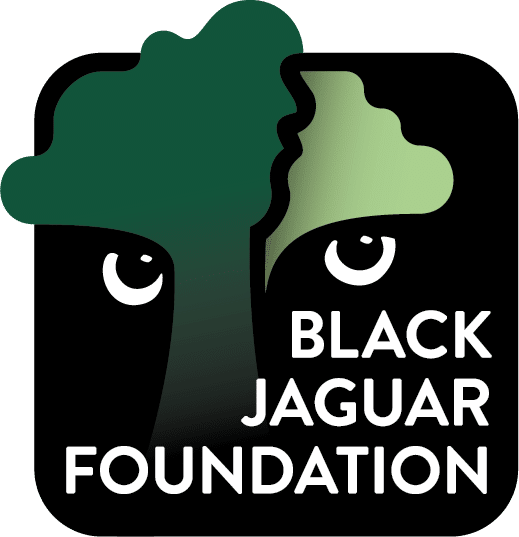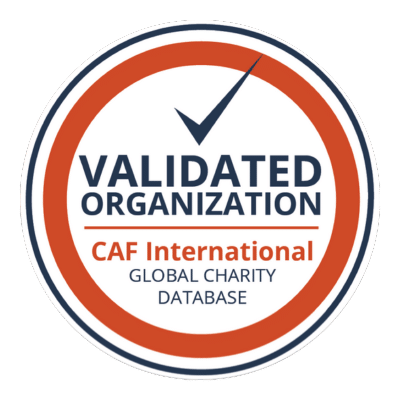The Black Jaguar Foundation actively contributes to the UN Sustainable Development Goals (SDGs). These goals aim to target socio-economic problems, climate change and biodiversity loss. We support the SDGs through our well-defined tasks and goals, which are all interrelated. We are driven to restore the balance between nature and mankind.
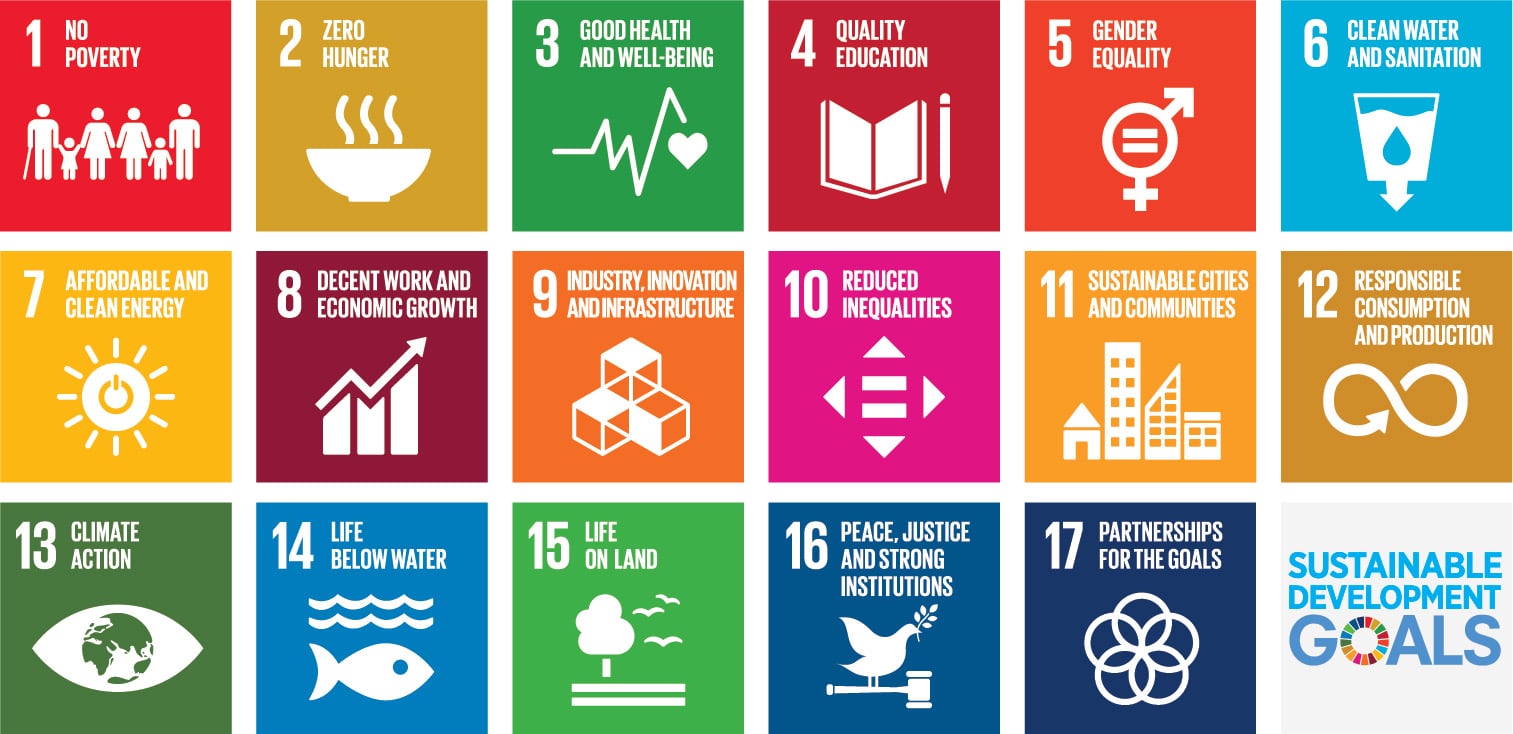

NO POVERTY
A well-performing ecosystem improves the livelihood of the people in the area and makes them less vulnerable to climate change and droughts. Restoration of landscapes reduces poverty rates and generates different ways of employment in the region and beyond.
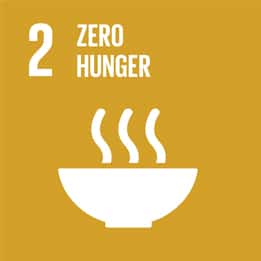
ZERO HUNGER
Sustainable land management improves food security through sustainable agriculture. By promoting sustainable and inclusive agricultural practices, the BJF aims to help to improve food production rates in the area. Brazil is a large player in the World Food Market and an important agricultural exporter. Agricultural improvement can substantially improve the global supply chain, contributing to food security within the corridor region and beyond.
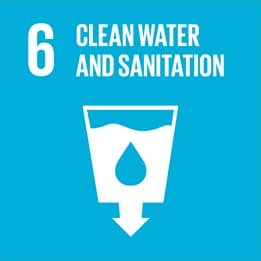
CLEAN WATER AND SANITATION
Without forests, there is no rain and no life. Rain cycles in Brazil depend on trees from the Amazon and Cerrado. Forests store water, increase the infiltration rate, assure replenishment and therefore assure the quality and availability of the water. As 80% of the entire Corridor zone has already been deforested, the Araguaia river will become parched without the planting of massive numbers of indigenous trees within the coming 20 years.
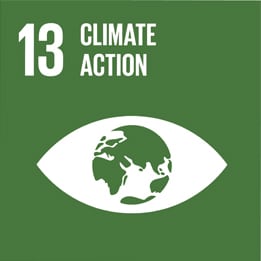
CLIMATE ACTION
The 2 million hectares of land which will be reforested, will capture unprecedented levels of CO2 as well as producing oxygen. In addition, the Corridor will assure that further deforestation and degradation of the area will be prevented. This allows for both mitigation and adaption to climate change, improving climate resilience in the region.
The quantity of CO2 and Oxygen produced will have a global impact.
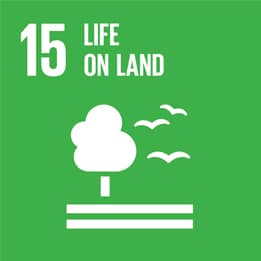
LIFE ON LAND
Reforestation restores degraded areas and through knowledge of sustainable land use, further land degradation is prevented and biodiversity conserved.
The corridor will protect, restore and promote sustainable use of terrestrial ecosystems and sustainably manage forests. In order to reverse degradation and stop biodiversity loss, we will restore large areas of degraded land of the Cerrado Savanna and Amazon rainforest by planting native trees on a massive scale. By creating a mosaic of green patches of pristine land that will be connected, species of plants and animals will be able to recover and flourish again within their ecosystem.
On average 1200 native trees per hectare will be planted to start the restoration process. From the 10.4 million hectares of the Corridor Zone an area of 2 million hectares (estimates) is to be restored. BJF will use 4 different ecological restoration techniques. The outcome will result in a reforestation / ecological restoration project of over 2.4 billion trees! Making it one the world largest reforestation project for indigenous trees on the planet!
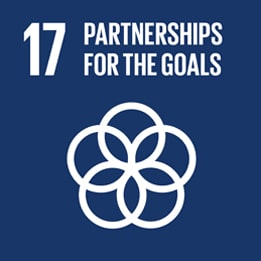
PARTNERSHIP FOR THE GOALS
Without our partners, both technical and sponsor, there would be no Black Jaguar Foundation and therefore no Araguaia Biodiversity Corridor. Our partners are located all around the world and we ask everyone with the same driven energy to get involved. We work together with countries, governments, companies, NGOs and other authorities. To implement the Araguaia Biodiversity Corridor we connect with the different stakeholders in the region, creating a multi-stakeholder network and promoting cooperatives.
The BJF actively contributes to all other SDGs. The UN SDGs are all interrelated and are not ‘stand alone’ goals. We support these goals targeting socio-economic problems, climate change and biodiversity loss in different ways through our tasks and goals.
Download our full report on the BJF’s contribution to the 17 UN SDGs below.
